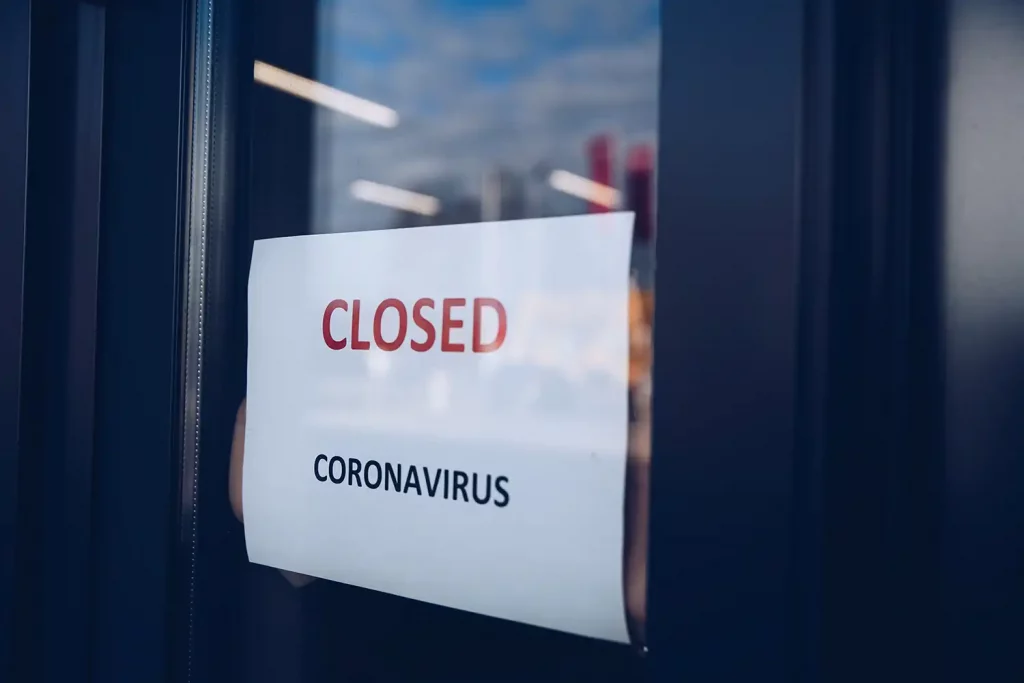Coronavirus: Government pay for self employed 2020 – 2021
The government’s Self Employment Income Support Scheme (SEISS) ended on 30 September 2021. We are leaving this outline of the Scheme on our website for a while longer for the benefit of anyone who might want to refer to it.
Summary of the SEISS grant amounts
The first grant covered the 3-month period from May to July 2020. It represented 80% of average monthly trading profits and was capped at £2,500 per month or £7,500 in total.
The second grant was for the period August to October 2020 and was 70% of average monthly trading profits over 3 months, capped at £6,570.
The third grant covered November 2020 to January 2021. This time, eligible self-employed people could once again get a grant calculated at 80% of their average trading profits, capped at £7,500.
The fourth grant was for the period from February to April 2021, and continued to offer 80% of average trading profits, capped at £7,500 in total.
Self-employed people who submitted their 2019/20 tax returns by 2 March 2021 could submit their self-assessment tax returns for 2018/19 and 2019/20 as evidence of their earnings and of the impact the pandemic had on their business.
This gave scope for the newly self-employed to qualify, whereas previously they hadn’t been able to.
The fifth and final grant covered the period 1 May to end September 2021.
Eligibility for this final grant was more demanding than for the previous grants and was based on criteria set out in three Stages:
1. Your trading status, 2. Your tax returns, trading profits and non-trading income, 3. Your intentions to keep trading in 2021 to 2022 and the impact of Covid-19 on your trading profits between 1 May and 30 September 2021.
For full details see government guidance on claiming for the fifth SEISS grant.
More details about the first four SEISS grants
- Each of these payments was a single instalment covering 3 months’ worth of your average monthly trading profits and based on average income over the last three years.
- Each grant was subject to tax and National Insurance contributions.
- You could claim these grants and continue to do business.
Who could get an SEISS grant?
- The Scheme was only open to people with trading profits of up to £50,000 (which covered 95% of self-employed people). Self-employed people who earn more did not qualify.
- Only people who made the majority of their income from self-employment were eligible. So if you were employed but had a ‘side job’ which was self-employed, you were not eligible.
- It was only for those who had submitted a tax return covering the relevant tax year (to minimise fraud).
- The scheme was open to people from across UK.
Further conditions
- You had to confirm that your business had been affected by the virus on or after the dates given by the government for each grant.
- You had to make a declaration saying that you intended to continue trading and that you were either:
- currently actively trading but were adversely affected by reduced demand because of coronavirus OR
- previously trading but couldn’t do so temporarily because of Covid-19.
HMRC paid the grant straight into the bank account of eligible self-employed people, after asking them to fill in an online form.
